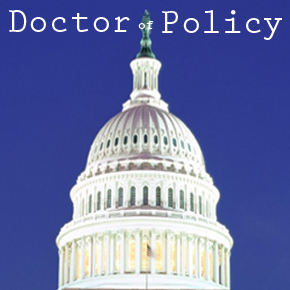The Great Needle Exchange Debate
In the past few weeks, there has been considerable press surrounding needle exchanges and the recently declared HIV epidemic in Indiana.
The first time I talked with my friends about needle exchanges, I had a visceral reaction. “Why would you give people new needles?” I asked, completely outraged. “Isn’t that enabling and therefore doing a disservice to the very people you’re trying to help?”




